A discussion featuring Dr. Gerald Horne and Paul Coates. Video Source — The Real News
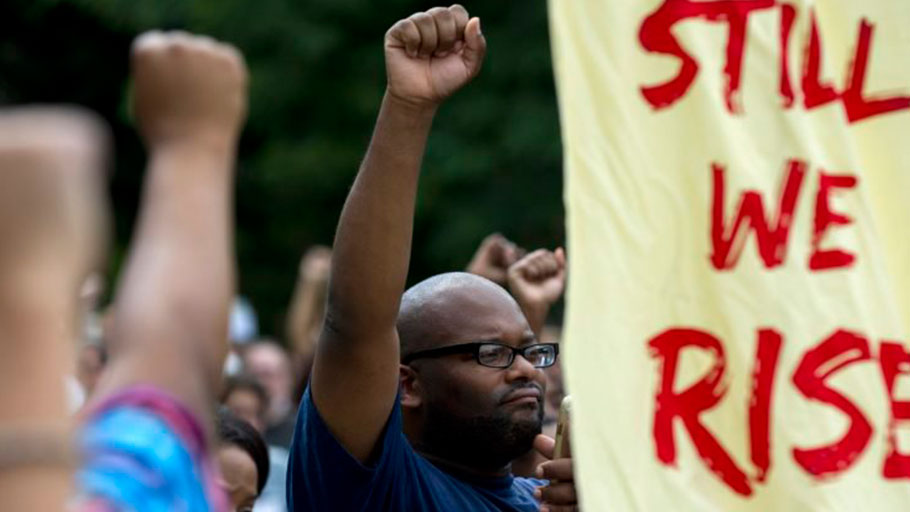
There’s reckoning around our toxic culture of sexual abuse. But Black Americans are left waiting for remedies for white supremacy past and present. It’s time to #PayUp. By Bertha Lewis — #MeToo and #TimesUp are more than hashtags. They are movements to hold sexual harassers accountable and to deliver justice to victims and survivors of sexual abuse and harassment. While the call for justice for women who have been sexually…

It’s an idea that has stirred controversy over the years: reparations to Americans harmed by U.S. government policies such as slavery and internment. On Saturday, Gesu Catholic Church’s Beloved Community…
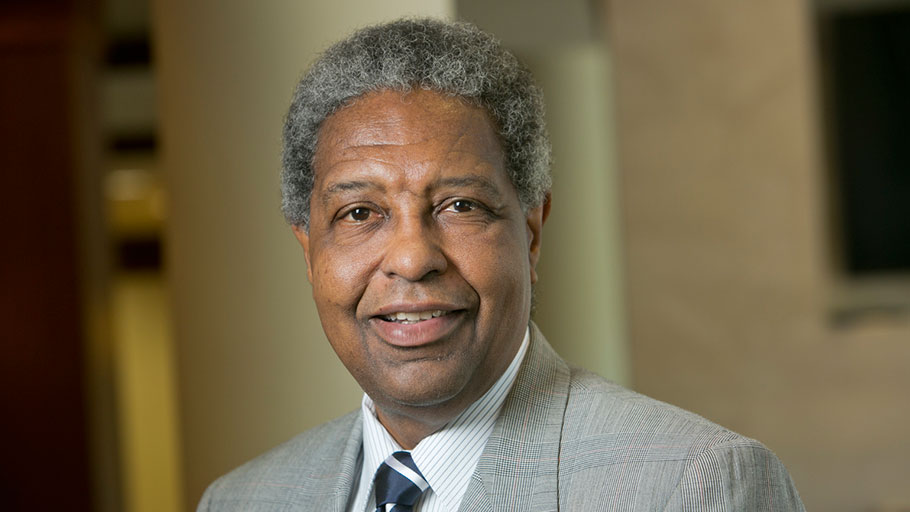
William A. Darity Jr. is the Samuel DuBois Cook Professor of Public Policy, African and African American Studies, and Economics and the director of the Samuel DuBois Cook Center on…
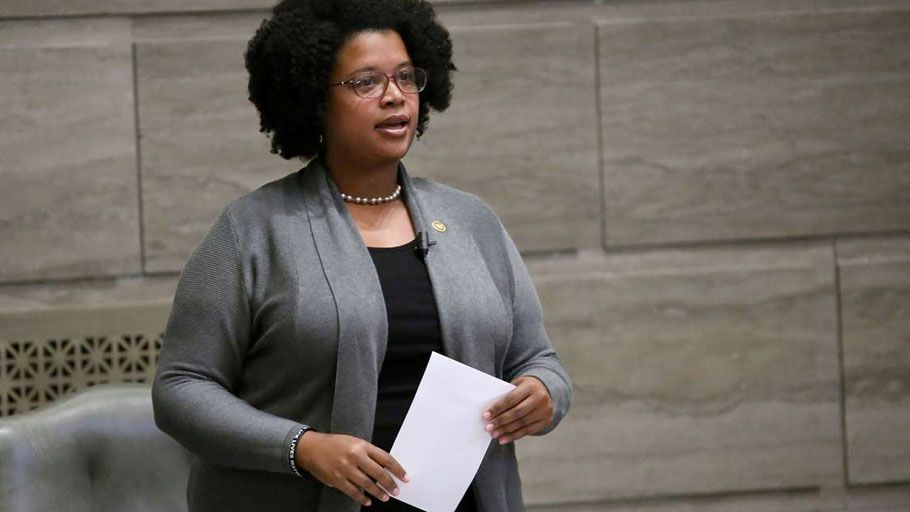
By Allison Kite — Concerned about the plight of black people in her Missouri district, a Democratic state senator on Tuesday called for reparations for former slaves and criticized her own party for taking African American votes for granted. Sen. Maria Chappelle-Nadal, D-University City, criticized white Democrats, such as U.S. Sen. Claire McCaskill, saying there’s “no difference” between them and Republicans. Both parties, she said, have failed black people. “Neither…
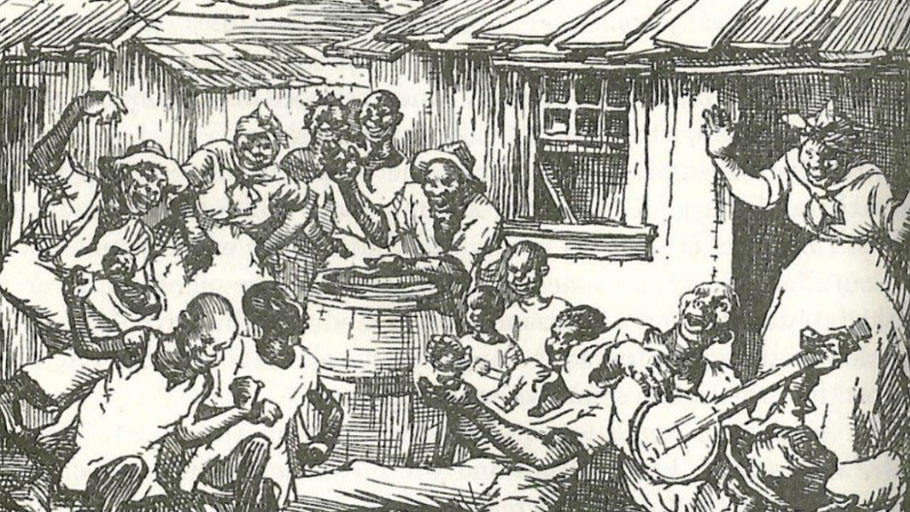
By Donald Yacovone — There it sat on a library cart with fifty other elementary, grammar, and high school history textbooks, its bright red spine reaching out through time and…
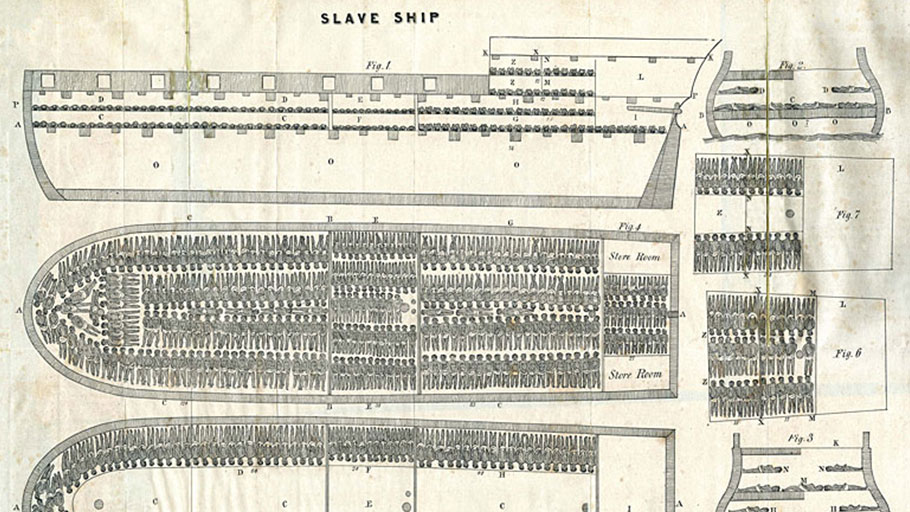
What is euphemistically referred to as “modernity” is marked with the indelible stain of what might be termed the Three Horsemen of the Apocalypse: Slavery, White Supremacy, and Capitalism, with the bloody process of human bondage as the driving and animating force of this abject horror. By Gerald Horne — The years between 1603 and 1714 were perhaps the most decisive in English history. At the onset of the seventeenth…
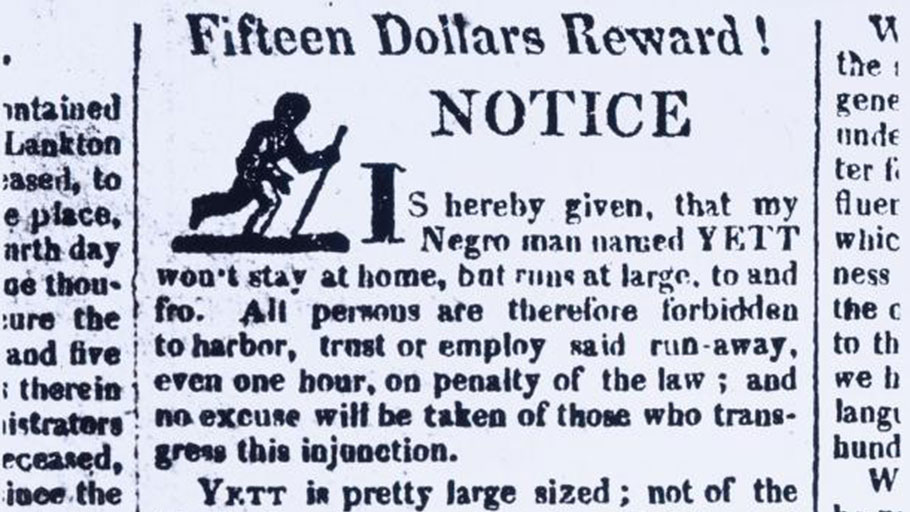
Freedom on the Move from Cornell University is the first major digital database of fugitive slave ads from North America. By Allison Meier — Readers of the May 24, 1796 Pennsylvania Gazette found an advertisement offering ten dollars to any person who would apprehend Oney Judge, an enslaved woman who had fled from President George Washington’s Virginia plantation, Mount Vernon. The notice described her in detail as a “light mulatto girl, much freckled, with very…

By Marianne Williamson — Years ago, I went with a doctor friend to see a charismatic Catholic priest, Father Ralph DiOrio. I had read his books on miraculous healing, and…
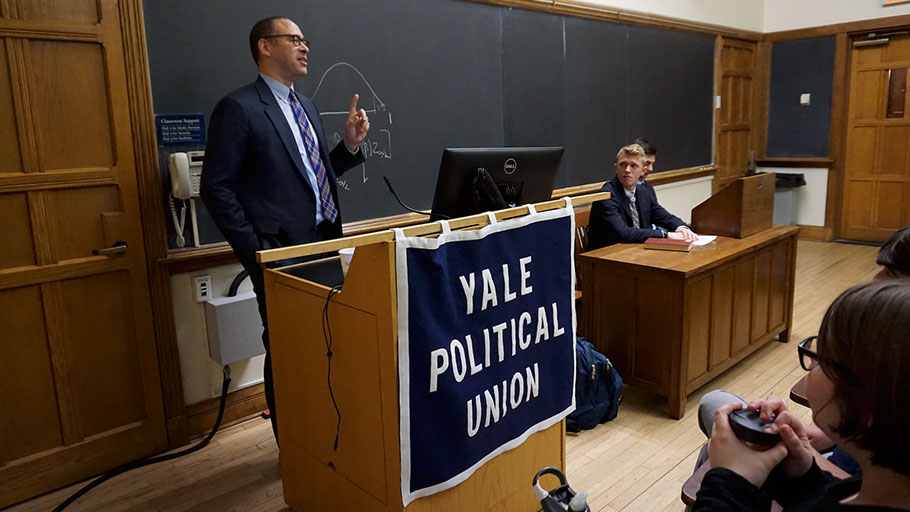
By Jingyi Cui — In his first visit to Yale since leaving to become provost of Northwestern University, beloved former Dean of Yale College Jonathan Holloway gave the opening remarks…

By Andre Perry — We don’t like to think of social justice as a zero-sum game. But there are costs associated with bringing equity and fairness to victims of discrimination,…
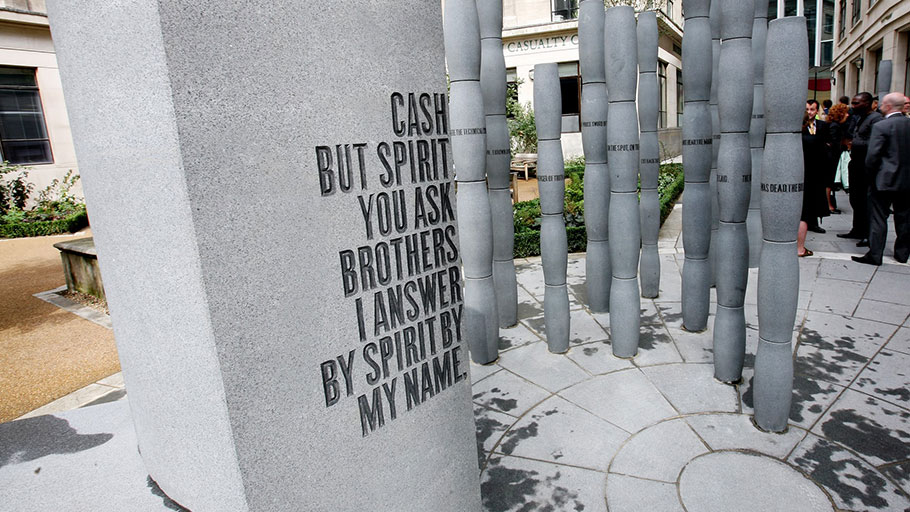
After the abolition of slavery, Britain paid millions in compensation – but every penny of it went to slave owners, and nothing to those they enslaved. We must stop overlooking…














